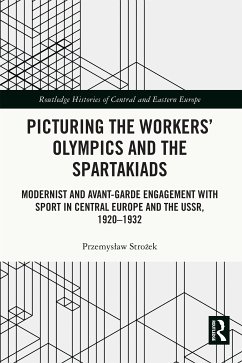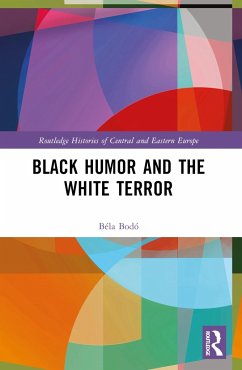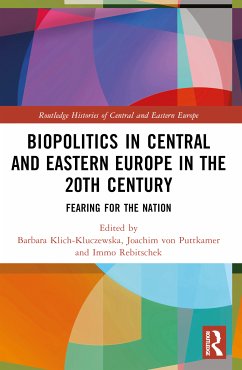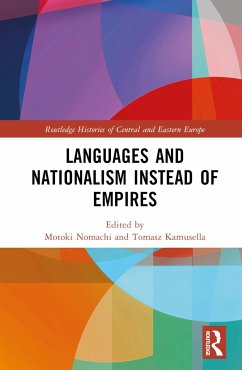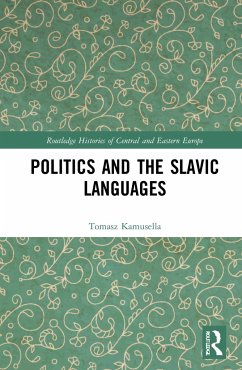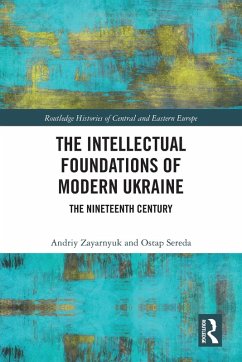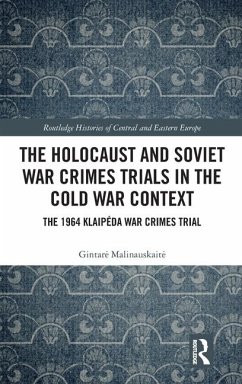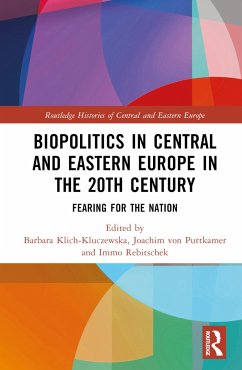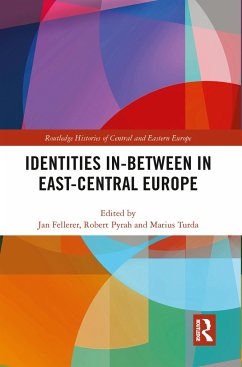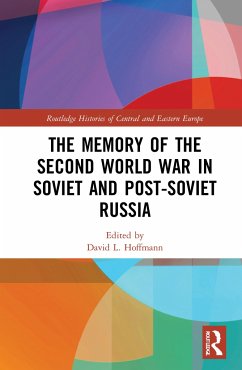
Picturing the Workers' Olympics and the Spartakiads
Modernist and Avant-Garde Engagement with Sport in Central Europe and the USSR, 1920-1932
Versandkostenfrei!
Versandfertig in 6-10 Tagen
154,99 €
inkl. MwSt.
Weitere Ausgaben:

PAYBACK Punkte
77 °P sammeln!
This volume focuses on the modernist and avant-garde engagement with workers' sport events that were organised or were planned to be organised in the cities of Central Europe and the USSR in the period of 1920-1932: Frankfurt am Main - Vienna - Moscow - Prague - Budapest - Berlin.During the 1920s and 1930s, two organisations of workers' sport operated: the Lucerne Sport International/Socialist Workers' Sport International and the Red Sport International, which held the socialist Workers' Olympics and the communist Spartakiads, respectively. These events were not aimed at cultivating national v...
This volume focuses on the modernist and avant-garde engagement with workers' sport events that were organised or were planned to be organised in the cities of Central Europe and the USSR in the period of 1920-1932: Frankfurt am Main - Vienna - Moscow - Prague - Budapest - Berlin.
During the 1920s and 1930s, two organisations of workers' sport operated: the Lucerne Sport International/Socialist Workers' Sport International and the Red Sport International, which held the socialist Workers' Olympics and the communist Spartakiads, respectively. These events were not aimed at cultivating national victories and individual athletic records, but at mobilising workers for the class struggle and at creating new culture for the working class. This book examines the visual propaganda of the Workers' Olympics and the Spartakiads expressed through paintings, sculptures, prints, illustrations, posters, postcards, photomontages, photographs, films, theatre and architectural projects.It emphasises the significance of workers' sport for the artistic and social changes within a utopian project of a new culture, as visualised by the modernist and avant-garde artists, including Varvara Stepanova, Gustav Klucis, and Otto Nagel.
This volume is of great use to students and scholars of the history of sport, art history and cultural history in interwar Europe and the Soviet Union.
During the 1920s and 1930s, two organisations of workers' sport operated: the Lucerne Sport International/Socialist Workers' Sport International and the Red Sport International, which held the socialist Workers' Olympics and the communist Spartakiads, respectively. These events were not aimed at cultivating national victories and individual athletic records, but at mobilising workers for the class struggle and at creating new culture for the working class. This book examines the visual propaganda of the Workers' Olympics and the Spartakiads expressed through paintings, sculptures, prints, illustrations, posters, postcards, photomontages, photographs, films, theatre and architectural projects.It emphasises the significance of workers' sport for the artistic and social changes within a utopian project of a new culture, as visualised by the modernist and avant-garde artists, including Varvara Stepanova, Gustav Klucis, and Otto Nagel.
This volume is of great use to students and scholars of the history of sport, art history and cultural history in interwar Europe and the Soviet Union.





